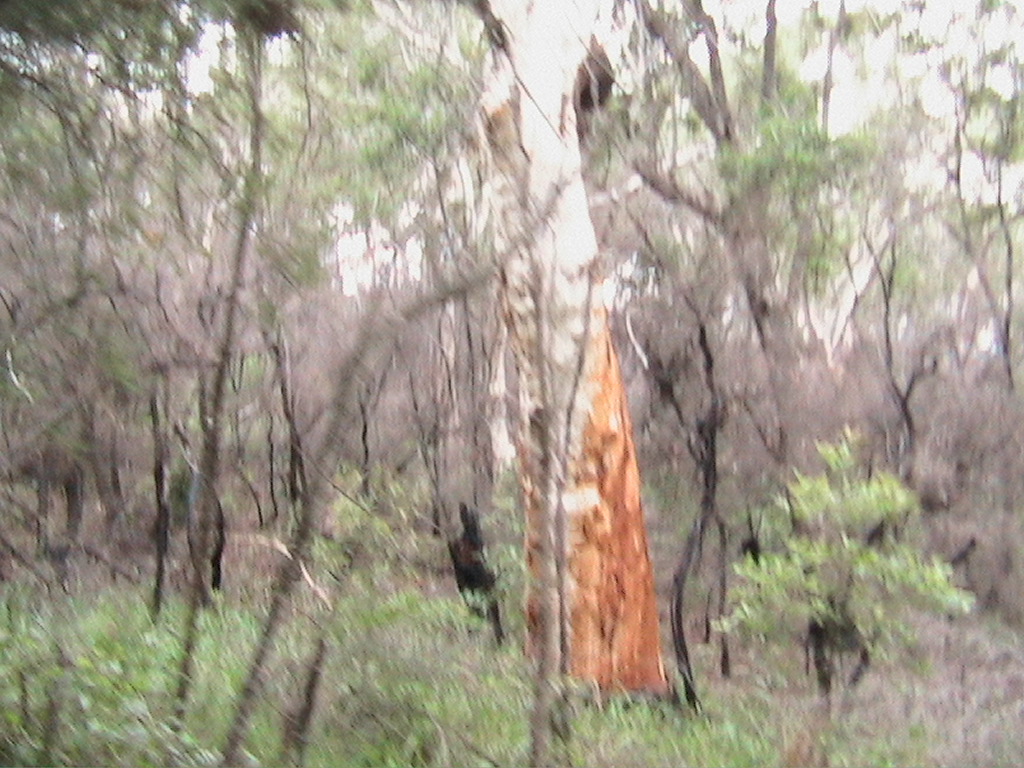Iran’s state media has faced sanctions for broadcasting coerced confessions. Why is it still allowed to operate in Australia?


Iran’s state media has faced sanctions for broadcasting coerced confessions. Why is it still allowed to operate in Australia?

According to HILDA data, income inequality has reached its highest level in two decades.

Union Questions Appointment of Acting Police Commissioner in NT

Who is Go-Jo, the Australian pop sensation set to compete in Eurovision this year?
The operation of Iran’s state media outlet in Australia raises important questions regarding freedom of press, the role of international sanctions, and the complexities of media regulation. While the outlet has faced sanctions for airing forced confessions, it may operate in Australia due to the legal frameworks surrounding press freedom and the challenges in regulating foreign media.
Furthermore, it’s essential to consider the nature of sanctions, which often target specific entities or individuals rather than entirely prohibiting the presence of a media outlet in other countries. There may also be discussions about the balance between allowing diverse viewpoints and combating misinformation, especially regarding sensitive issues like human rights violations.
Public awareness and advocacy can play significant roles in urging local authorities to address these concerns. Engaging in dialogue about the implications of allowing such outlets to operate can promote a broader understanding of media responsibility and the impact of foreign narratives on local discourse.